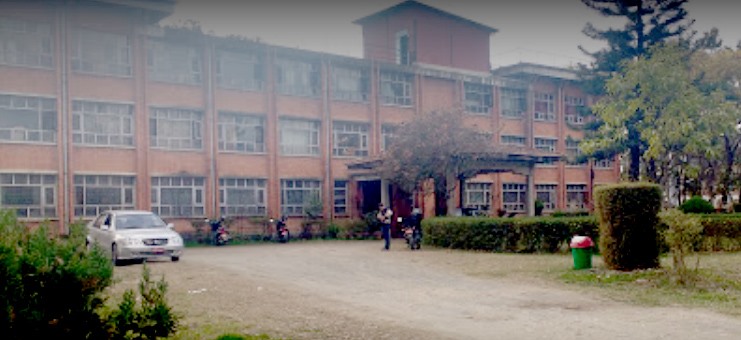CNAS to revive research activities

By Mahima Devkota, Kathmandu, July 16: The Center for Nepal and Asian Studies (CNAS) marked its 49th anniversary today amidst a special ceremony held at CNAS hall, Kritipur.
The former directors of CNAS and social science experts had come together to discourse on retaining the glorious history of CNAS.
The focus of the discussion was to revitalise the understanding of Nepali culture via research.
The scholars researched on rejuvenating research activities of CNAS in order to establish the origin, culture and utility of Nepal and to make informed decision on individual, political, foreign policies or on implementation of the policies.
Chief Guest Lal Babu Yadav, socio-political advisor of the president, prompted on contribution of CNAS on Nepal’s security, foreign policy and sovereignty.
He said, “I hope CNAS will continue to contribute on the protection of identity, independency and sovereignty of the country with proper research and activities on history and identity of Nepal”
Meanwhile, Prof. Dr. Dilliram Dahal said that culture mattered for democracy, peace and development.
It is the dictum carried out by CNAS since its establishment as a think- tank of the country, he added.
"Many publications of CNAS have contributed on protecting the originality, culture and identity of the country via its strategic and regional studies," said Dr. Dahal.
Likewise, Prof. Dev Raj Dahal, former director of CNAS, said, “Culture is the sediment of knowledge, it creates base for knowledge. Culture is transcendental, inter-generational, and useful to build proper plans, policies of the country.”
In past, many policy makers used to visit CNAS prior to framing policies for overall development of the nation. Thus, CNAS needs to continue its research works and publications, added Dahal.
Vice Chancellor of Nepal Academy, Jag Man Gurung said, “The process of 'Nepalisation' should be re-energised for the equality, equity and prosperous development of the country, which is only possible after understanding about Nepali’s culture and identity.”
After pointing out the benefits of application of the smell of the raw garlic, Karna Bahadur Deuja, a social science researcher, suggested that CNAS needed to research on cultural norms on a longer run.
Behaviors of Nepali people should be studied to keep information on public domain, which is of use to the public, added Deuja.
Mrigendra Bahadur Karki, Executive Director of CNAS, said that he was committed to publish more than two dozens of books.
There are 21 projects running in CNAS. Eight books are on the re-print, where, news agencies like New York Times, Alzejeera have published the research activities carried out by CNAS, said Karki.
He urged scholars to publish more books reflecting Nepali Culture.
In the programme, many scholars reflected their own responsibilities on knowledge building and also reviving the need of research activities on Nepal’s originality to build authentic knowledge about Nepal, which would further contribute on the overall development of the nation.
Recent News

Do not make expressions casting dout on election: EC
14 Apr, 2022
CM Bhatta says may New Year 2079 BS inspire positive thinking
14 Apr, 2022
Three new cases, 44 recoveries in 24 hours
14 Apr, 2022
689 climbers of 84 teams so far acquire permits for climbing various peaks this spring season
14 Apr, 2022
How the rising cost of living crisis is impacting Nepal
14 Apr, 2022
US military confirms an interstellar meteor collided with Earth
14 Apr, 2022
Valneva Covid vaccine approved for use in UK
14 Apr, 2022
Chair Prachanda highlights need of unity among Maoist, Communist forces
14 Apr, 2022
Ranbir Kapoor and Alia Bhatt: Bollywood toasts star couple on wedding
14 Apr, 2022
President Bhandari confers decorations (Photo Feature)
14 Apr, 2022











